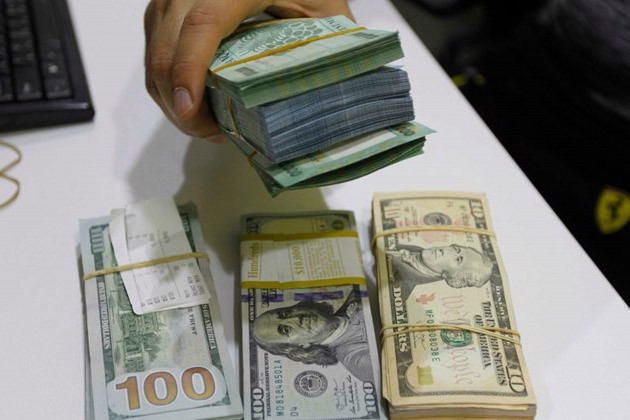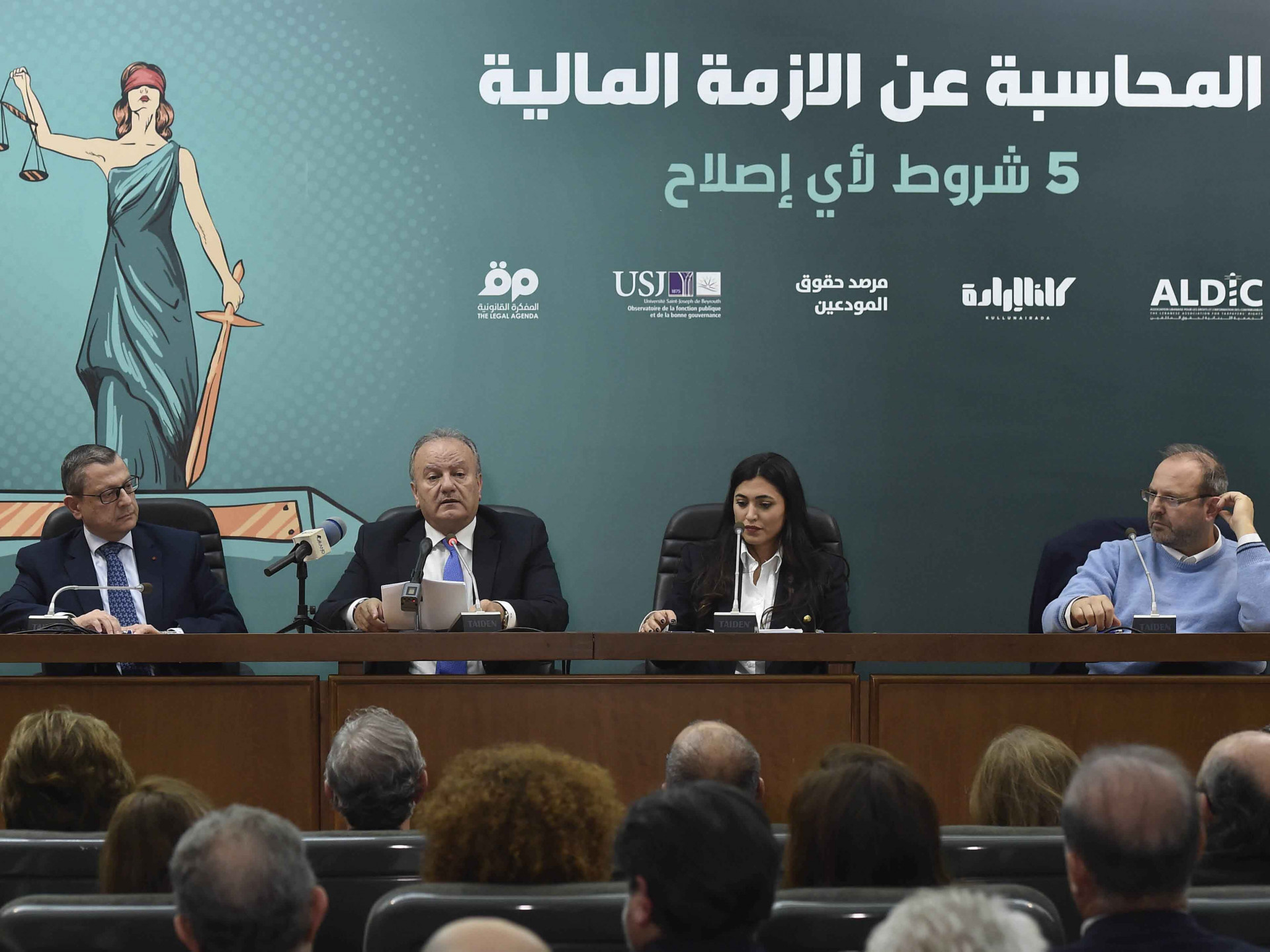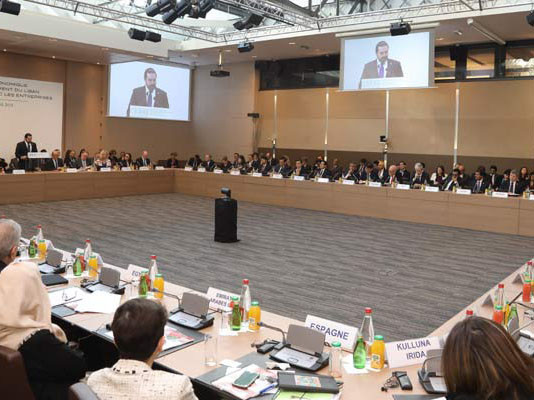In the past few weeks, the Lebanese Pound has seen a rapid depreciation on the effective market. In two days alone it witnessed a 25% depreciation, reaching rates ranging from 5,000 LL to 6,000 LL for one US dollar. Amid rising public anger, monetary authorities, government officials, and security forces have promised to bring down the rate below 4,000 LL in the next few days.
This will be done by pumping dollars into the economy and increasing security crackdowns on non-compliant exchange offices and on black market transactions. The proposed approach, as has been the case for all measures taken until now, is a stopgap policy aimed at buying time to temporarily appease public anger and extend the authorities grip to power.
Policing the black market and squandering the few reserve dollars we have left will not stabilize the Lira. This lack of proper economic guidance will only increase the disastrous effects of the crisis and worsen the impact on ordinary citizens, from continued devaluation to the inability of financing necessary imports.
The public is right to be angry. The proposed measures’ only objective is to buy time at the expense of a collapsing social fabric.
This currency crisis comes in the background of a much wider economic collapse that has had disastrous consequences on citizens, who day after day continue to lose their jobs, savings, purchasing power, and hope in the country. Despite growing socioeconomic frustration and an impeding economic collapse, those in power have continued their politics-as-usual approach to governance: financial appointments were made on a clientelistic basis, Parliament continues to stall key reform legislation, and Government has yet to begin implementing measures to demonstrate its seriousness and credibility.
What is needed is to restore trust in the Lebanese system, secure foreign inflows, and strategically manage the few FX reserves that are remaining. It has become obvious that the current power structure is not able to deliver this vision, let alone act upon it.
The measures outlined on Friday by the government are disastrous on many fronts:
- An unacceptable depletion of USD reserves: The Central Bank aims to use part of the remaining reserves it has left to pump dollars into the market and artificially lower the rate, thus increasing losses on the Lebanese citizen. It is vital to have an audit of BDL accounts to properly quantify losses, as well as discover the real value of remaining FX reserves. These should then be managed by a long-overdue capital control law that prioritizes FX usage for vital imports in the coming months before, and if, a rescue package is agreed upon with the international community.
- Stricter policing & targeted selling will only deepen the black market: The government’s plan relies on stricter policing to target the black market, and sets significant limits on who can participate in these exchange operations. This will only drive up the parallel rate and further shroud the black market in underground secrecy.
- Targeting those spreading misinformation poses a threat of censorship: The government has tasked the Minister of Justice with targeting those who spread false allegations about the decline of the currency. This opens the door to a suppression of free speech and will only increase uncertainty surrounding exchange rates.
- Framing the devaluation as a targeted manipulation aims to deflect blame: Officials have attempted to lay the blame of the Lira’s devaluation on opposition forces, foreign and internal, that are attempting to settle political scores. While some are undoubtedly trying to benefit from the current instability to settle scores, reducing the narrative to a political focus is an attempt to distract the public from the underlying reasons behind the continued devaluation: loss of trust, lack of dollars, rapidly increasing Lira supply, implosion of the Syrian Pound, continued mismanagement of FX reserves, and government’s ineptitude at implementing needed reform.
- The short-termism of the measure will come back to haunt Lebanon: Once BDL runs out of dollars and is no longer able to artificially support a low rate, and in the continued absence of confidence in the system, the Lebanese pound will possibly witness an even greater devaluation, with devastating consequences on citizens. Squandering remaining dollars will only decrease our ability to continue financing key imports, notably fuel, wheat, and medicines, in the next few months, leading to dangerous shortages in the near future.
Without an emergency plan grounded in sound monetary and fiscal policy, our worst days are yet to come.
Currency depreciation is due to: lack of trust, which has been continuously eroded by officials in charge, and the imbalance between supply and demand due to years of catastrophic fiscal and monetary policies that has resulted in unprecedented amount of financial losses equivalent to more than twice the size of the economy. Unless drastic steps are taken immediately, Lebanon risks an exponential explosion of the situation: an FX implosion, galloping inflation, and an economic collapse much deeper than is currently expected.
What is needed is an emergency plan that sets out a comprehensive list of short-term measures designed to stabilize the currency crisis, which has entered a new and very dangerous phase, as well as finally implementing a comprehensive recovery plan based on full access to all public accounts and effective cooperation between all state institutions.
A political transition towards a secular state based on the rule of law, and backed up by an independent judiciary, is inevitable: The current power system has failed the Lebanese people.


.jpg)
.jpg)





